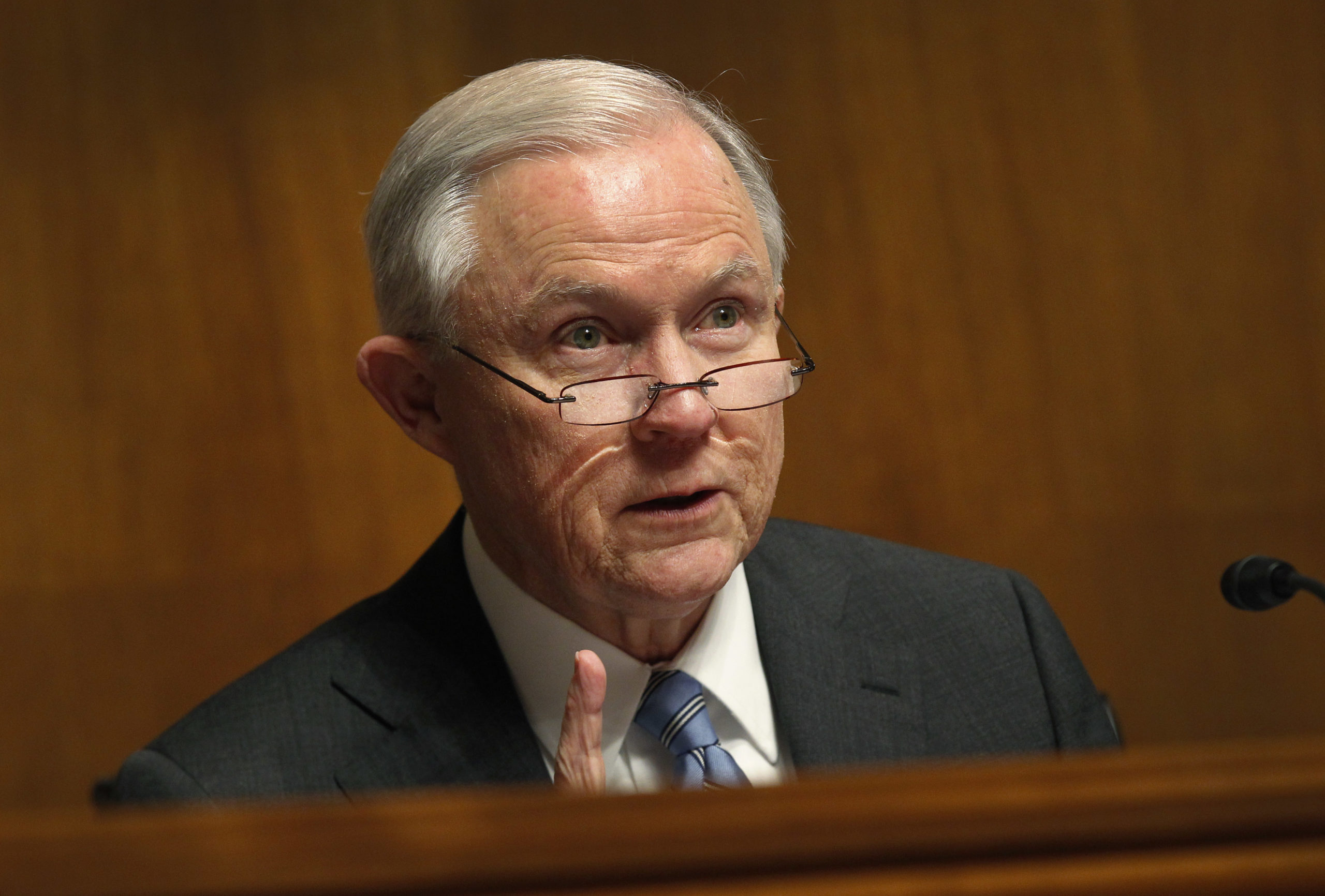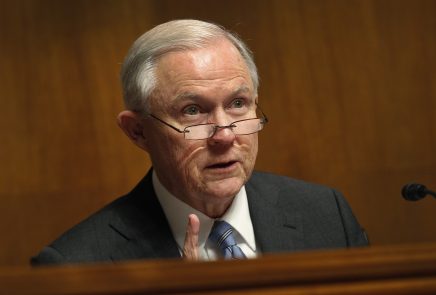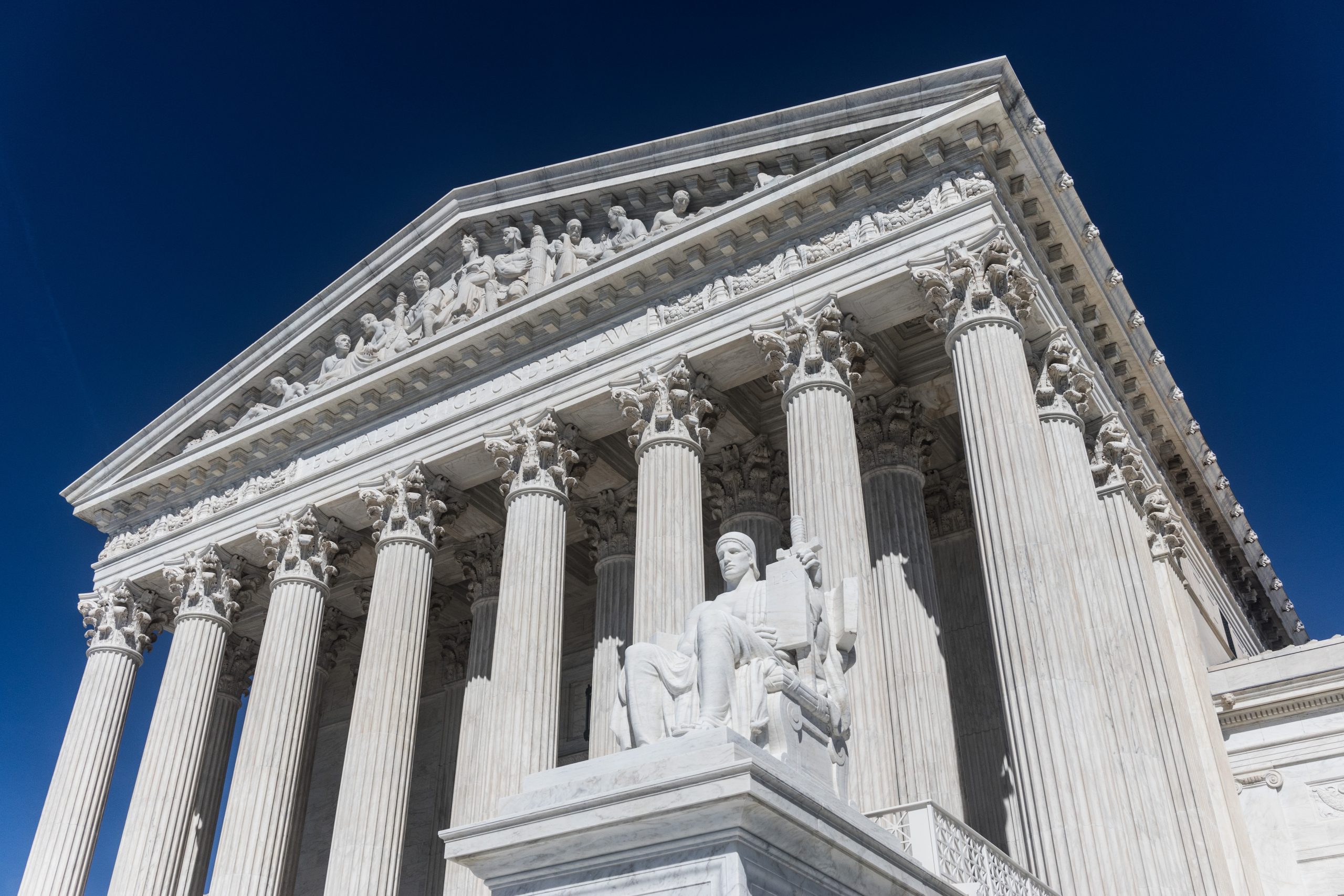Abortion rights, women of color, and LGBTQIA+ people are under attack. Pledge to join us in fighting for gender justice.
I’m Sorry, What Just Happened?


During the confirmation process, questions were raised about whether Attorney General Sessions, who was a strong supporter of President Trump during the campaign and who had helped to develop many of his policy positions, could be independent from the Trump Administration. Last night, additional information became public which not only legitimizes those concerns but also raises the question of whether the nation’s chief law enforcement officer perjured himself during his confirmation hearings.
News reports revealed that then-Sen. Sessions had met, twice, with Sergey Kislyak, the Russian ambassador to the United States, once in July, and once again, in September (as the Washington Post notes, “at the height of what U.S. intelligence officials say was a Russian cyber campaign to upend the U.S. presidential race”). But when Sen. Al Franken asked, during Sessions’ confirmation hearings, “if there is any evidence that anyone affiliated with the Trump campaign communicated with the Russian government in the course of this campaign, what will you do?” then-Sen. Sessions responded:
“Senator Franken, I’m not aware of any of those activities. I have been called a surrogate at a time or two in that campaign and I didn’t have — did not have communications with the Russians, and I’m unable to comment on it.”
After the press coverage of his meetings with the Russian ambassador became public last night, Attorney General Sessions stated, ““I never met with any Russian officials to discuss the issues of the campaign. I have no idea what this allegation is about. It is false.” This extremely carefully phrased statement stands in stark contrast to his testimony under oath: “I didn’t have . . . communications with the Russians.” Sen. Franken has called this response, “at best, misleading.” And administration officials are offering conflicting reports about whether, in fact, the conversations between Sessions and Kislyak did touch on the election.
It is hard to imagine that, as a sitting Senator, Sessions would have accepted this explanation from an executive or judicial branch nominee. Indeed, Sessions called for former Attorney General Loretta Lynch to recuse herself from any investigation into Hillary Clinton’s use of a private email server after an impromptu meeting between Bill Clinton and Lynch. Many have called for Sessions’ resignation, or at the very least for Sessions to recuse himself from any investigations of Russian interference in the presidential campaign. But there is no question that these revelations raise extremely serious concerns about the integrity and independence of the Attorney General, and his fitness to serve.




